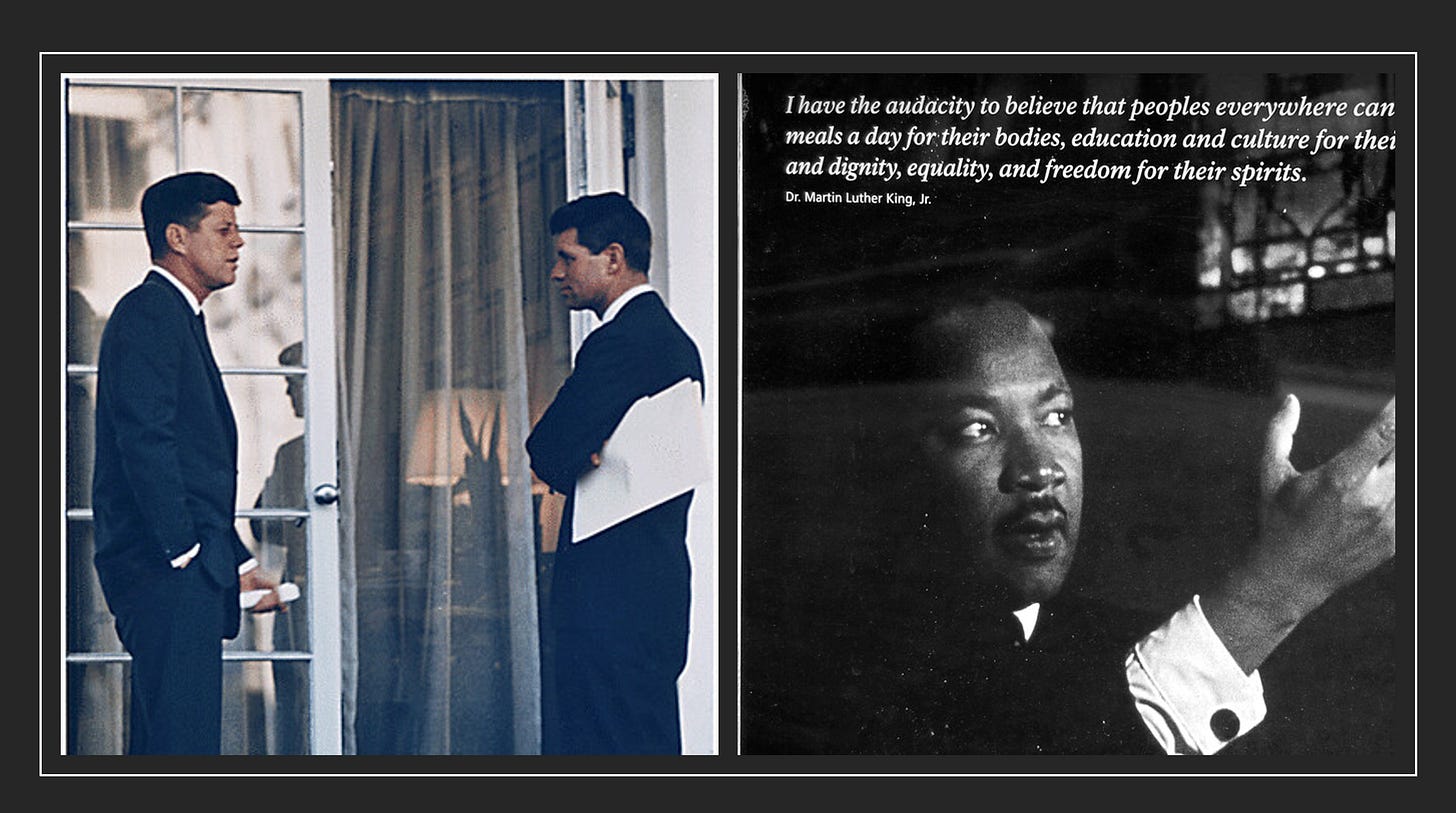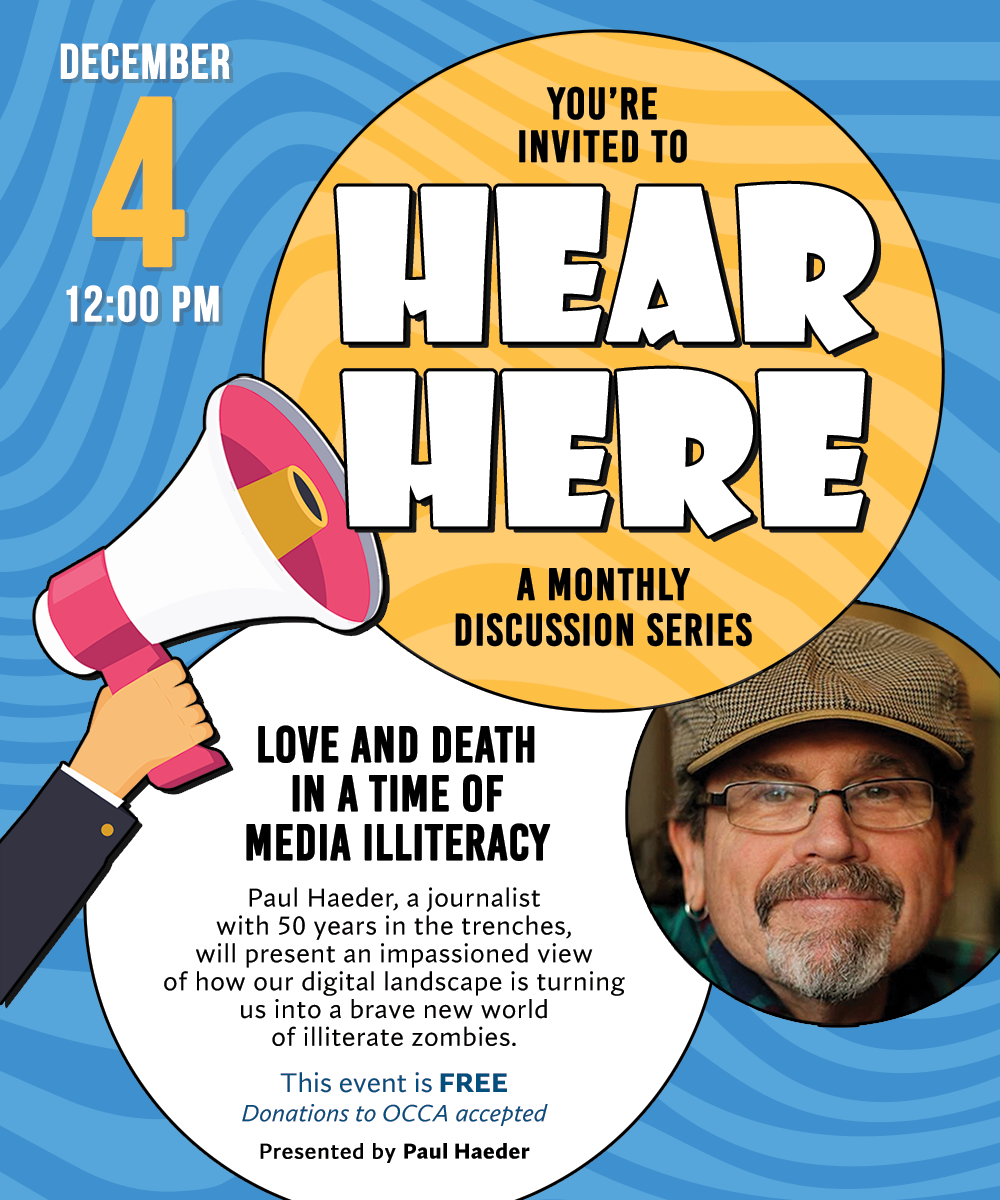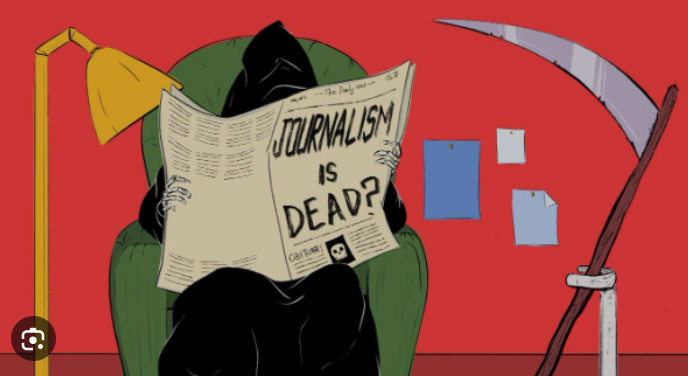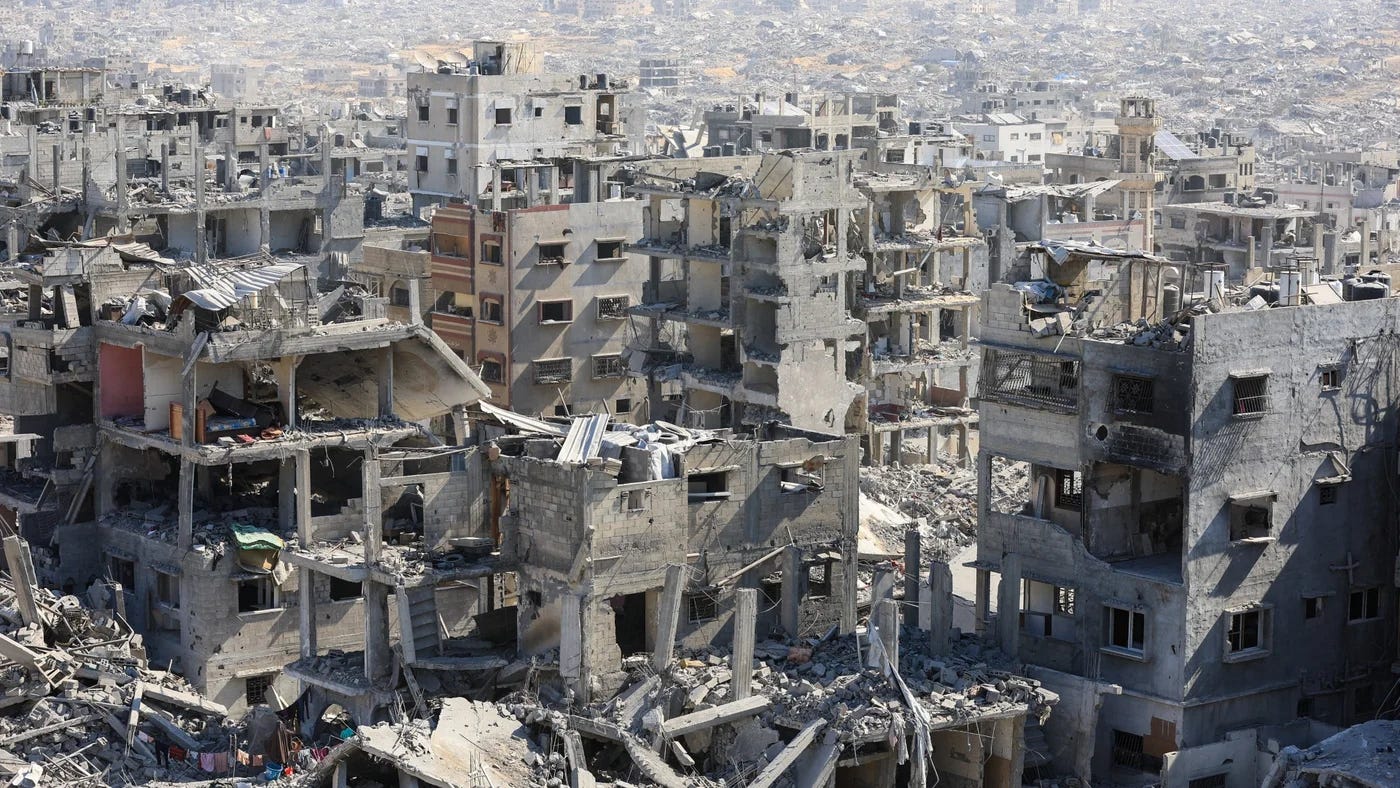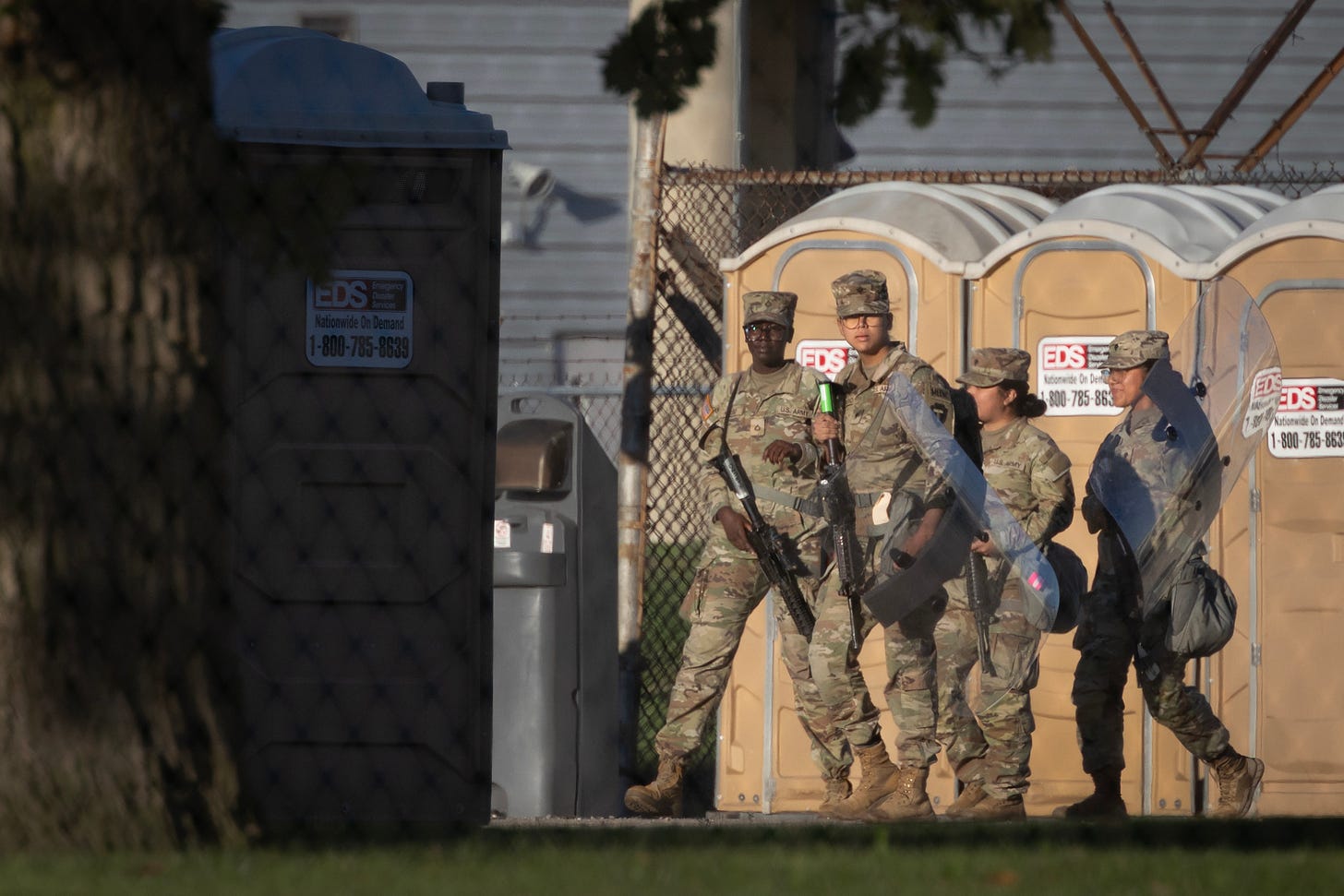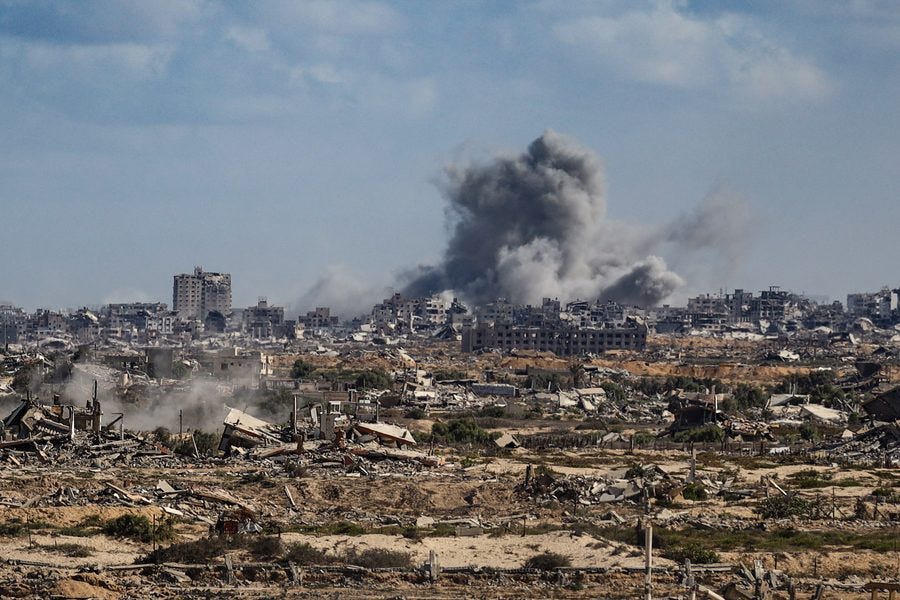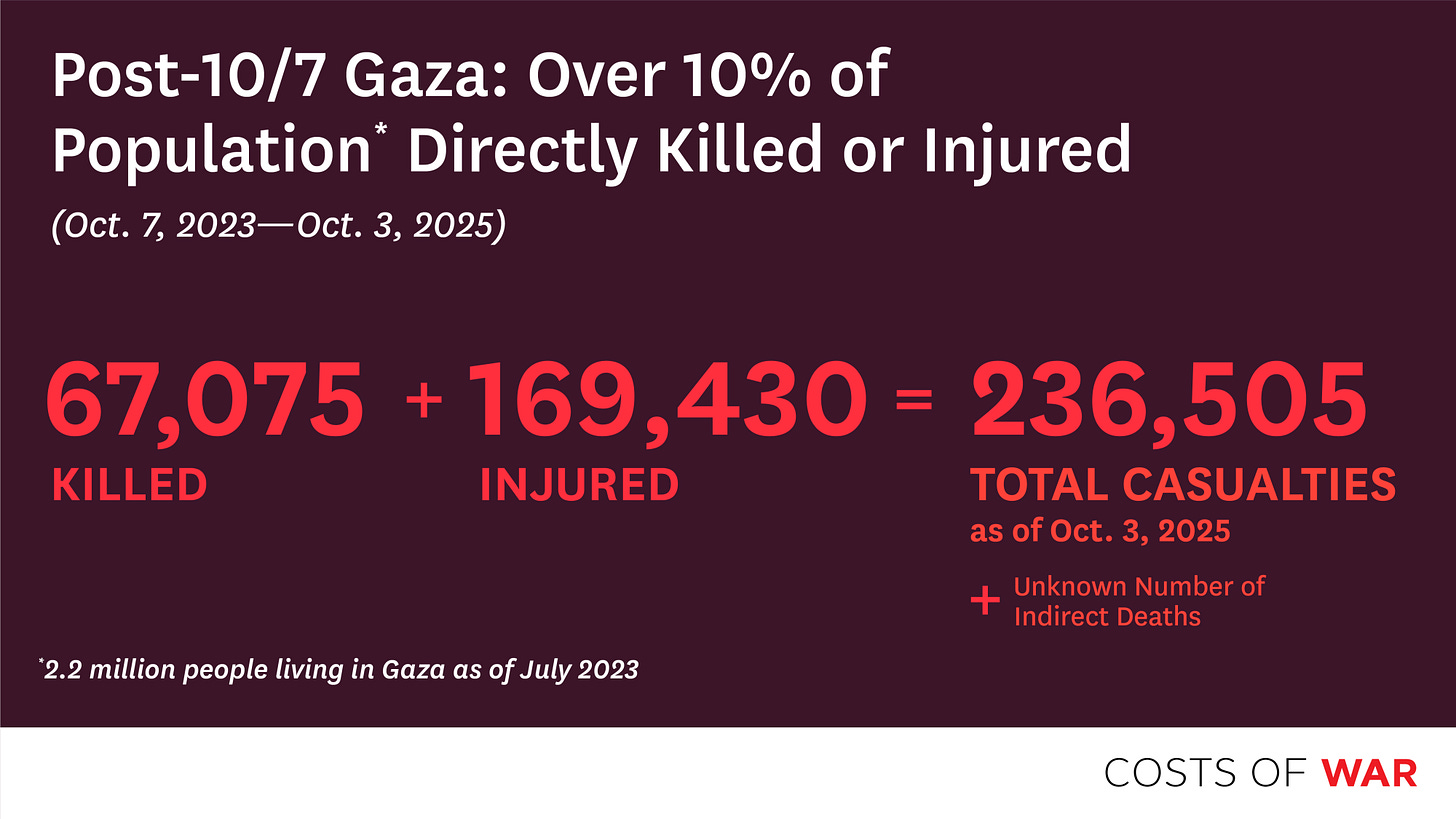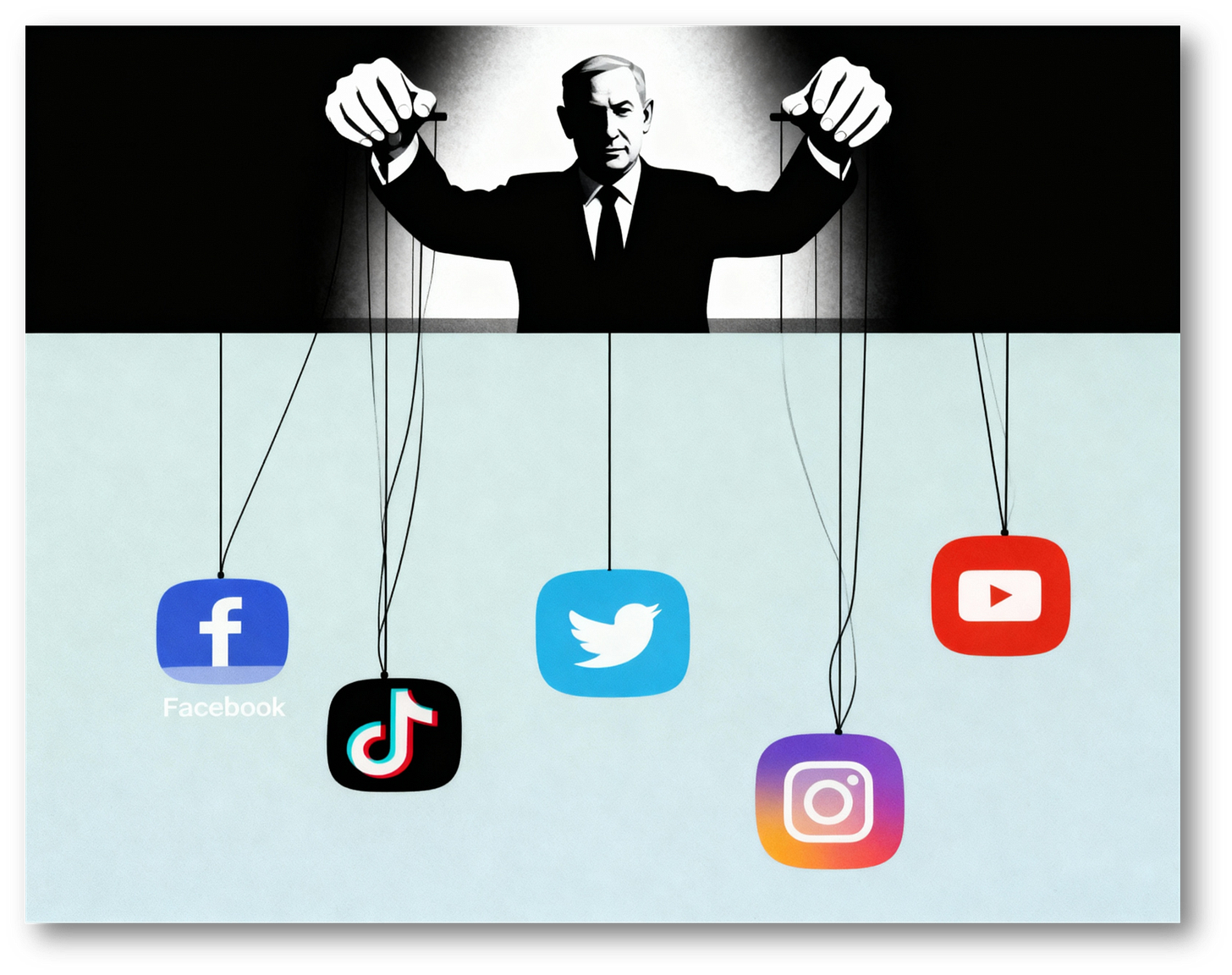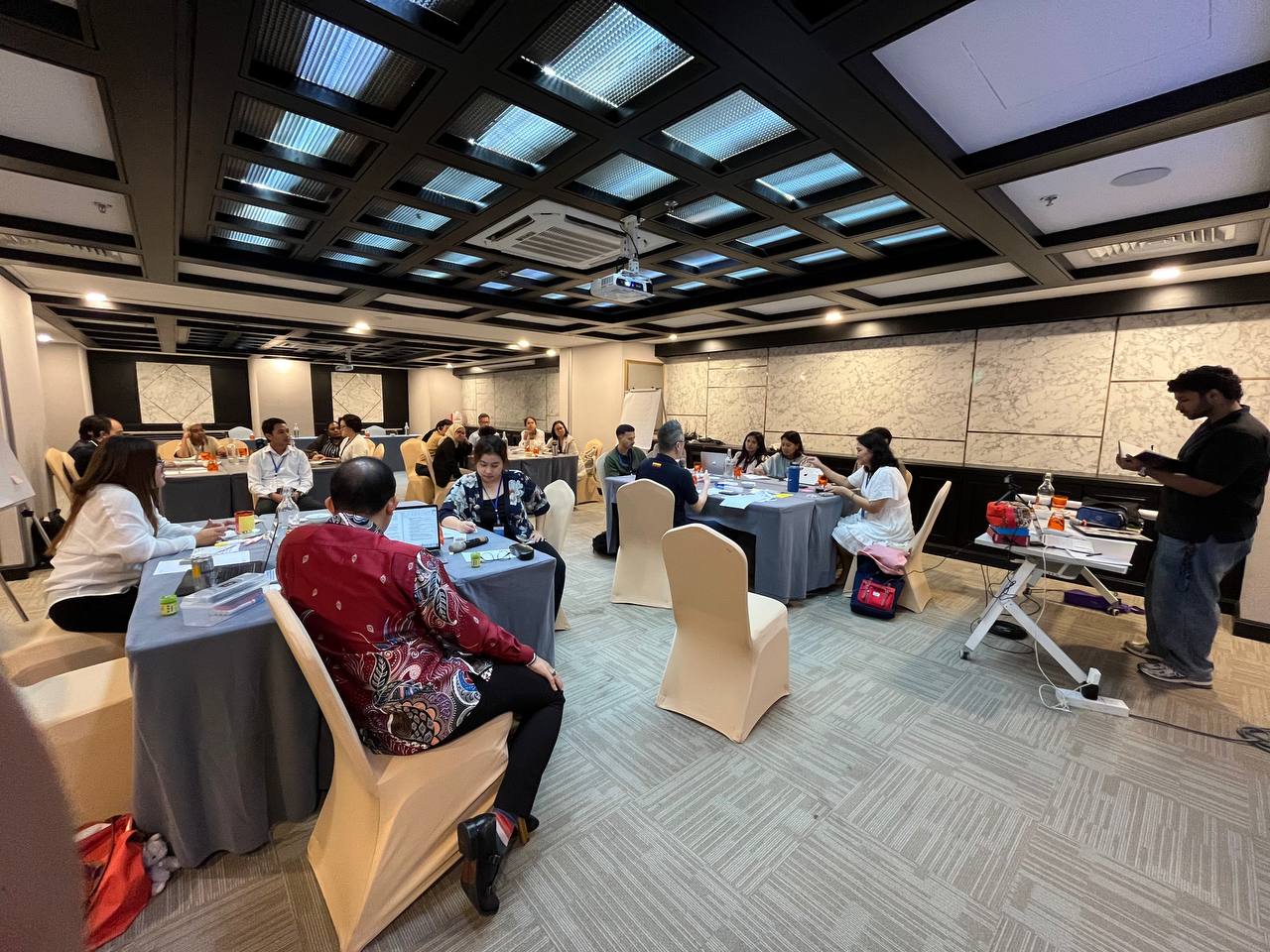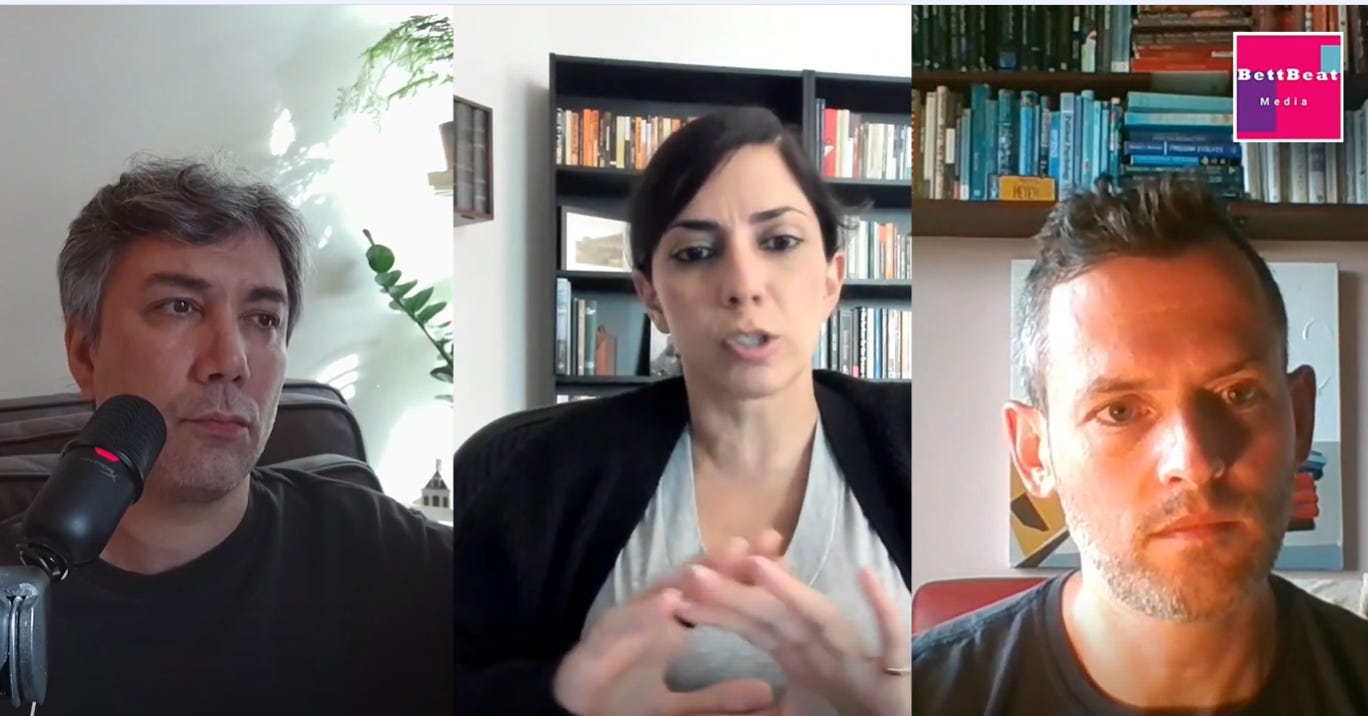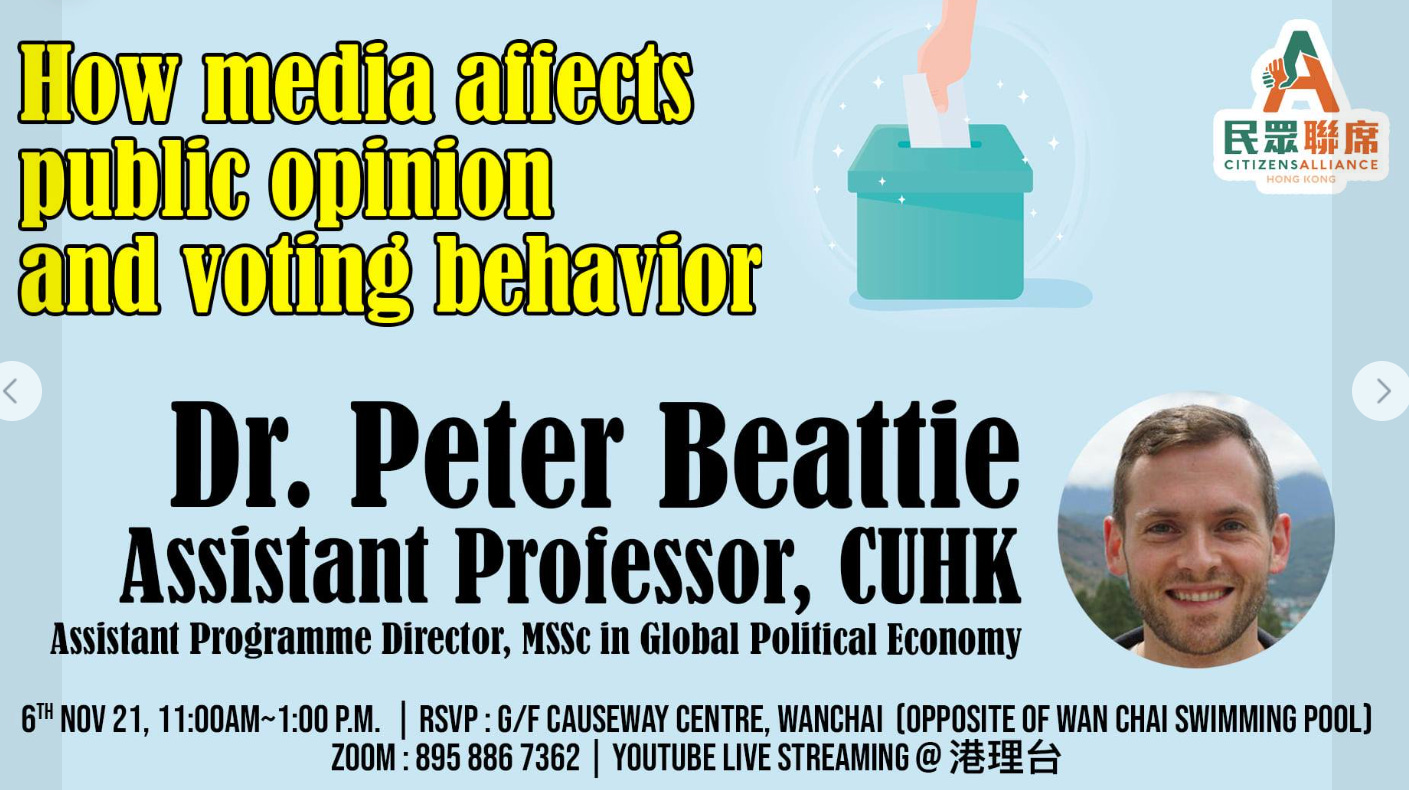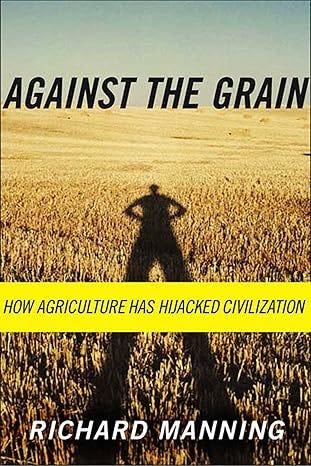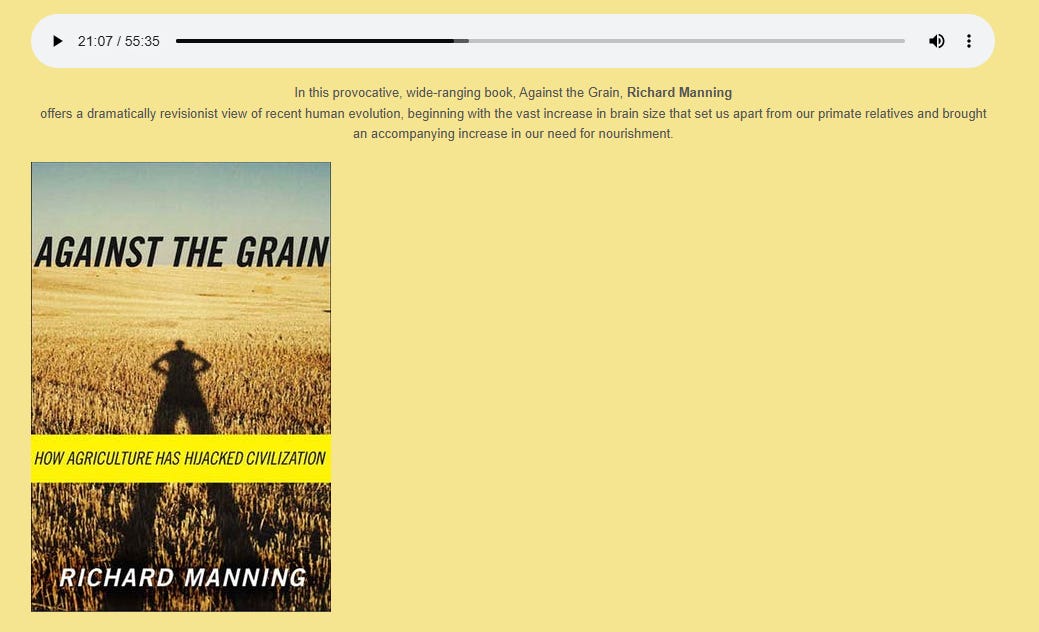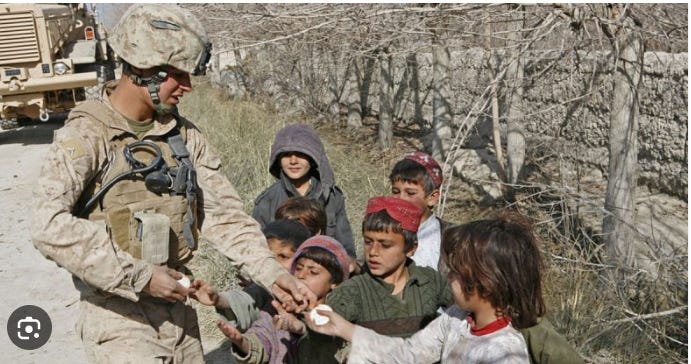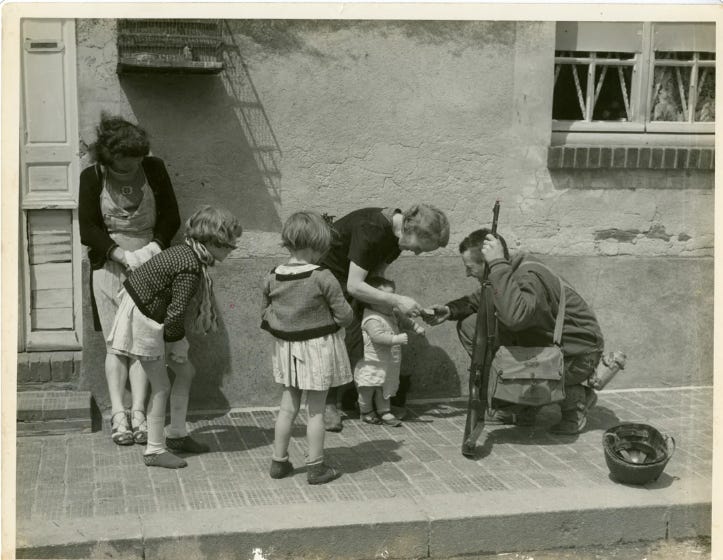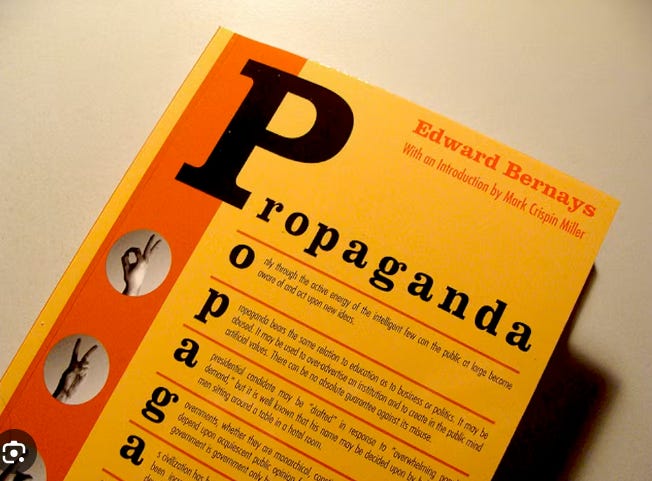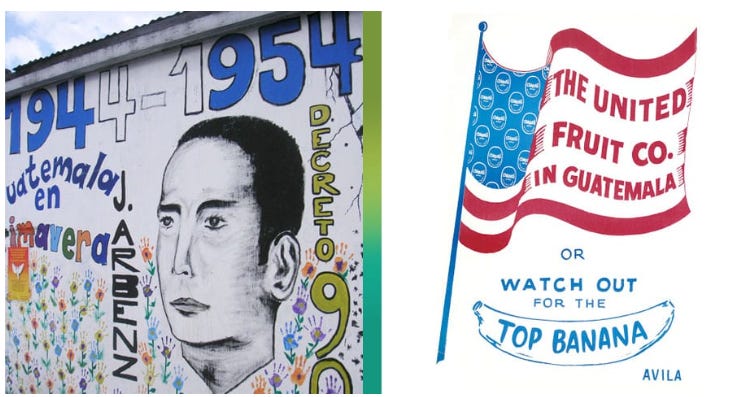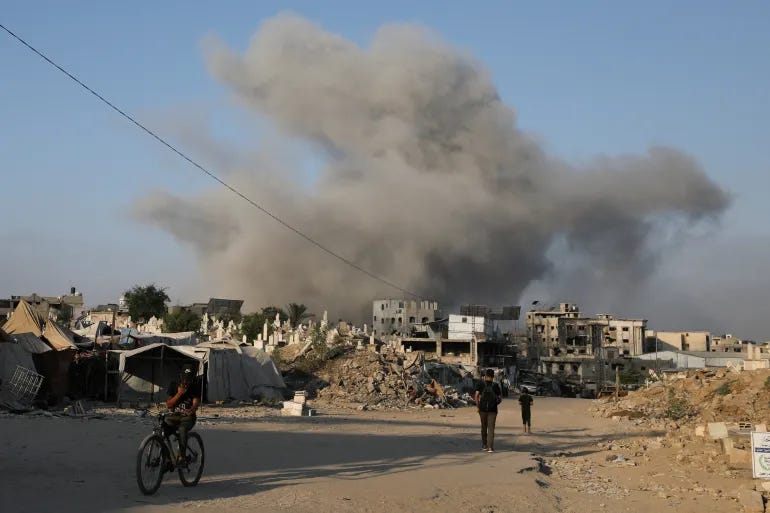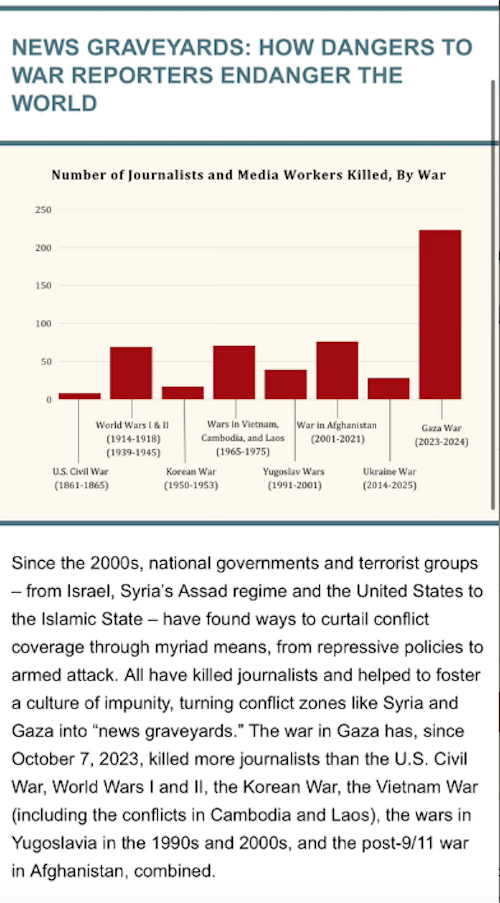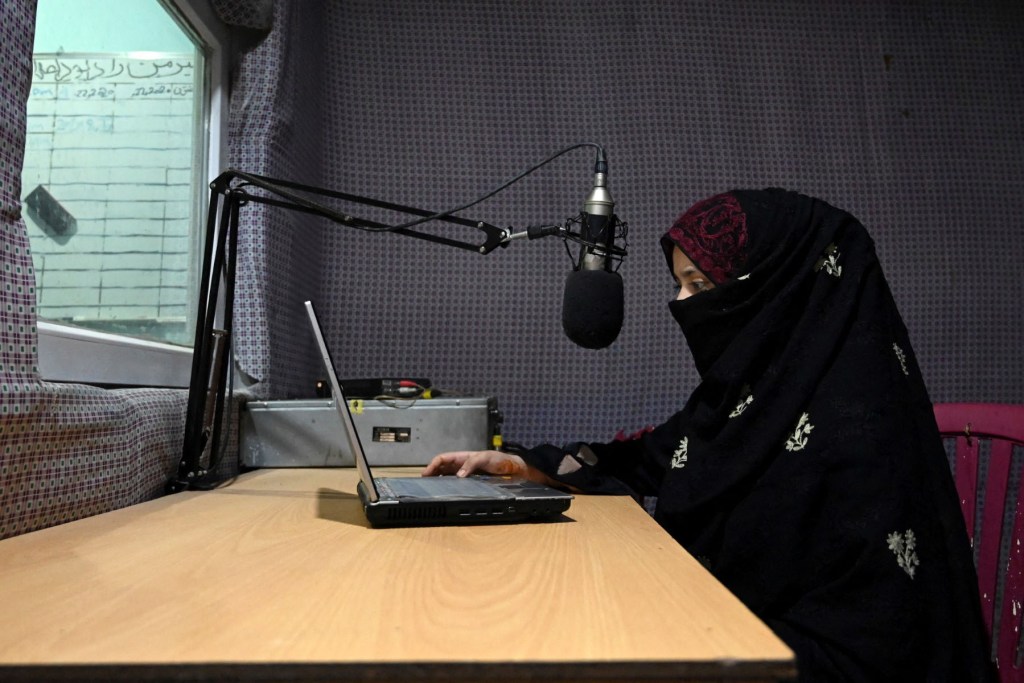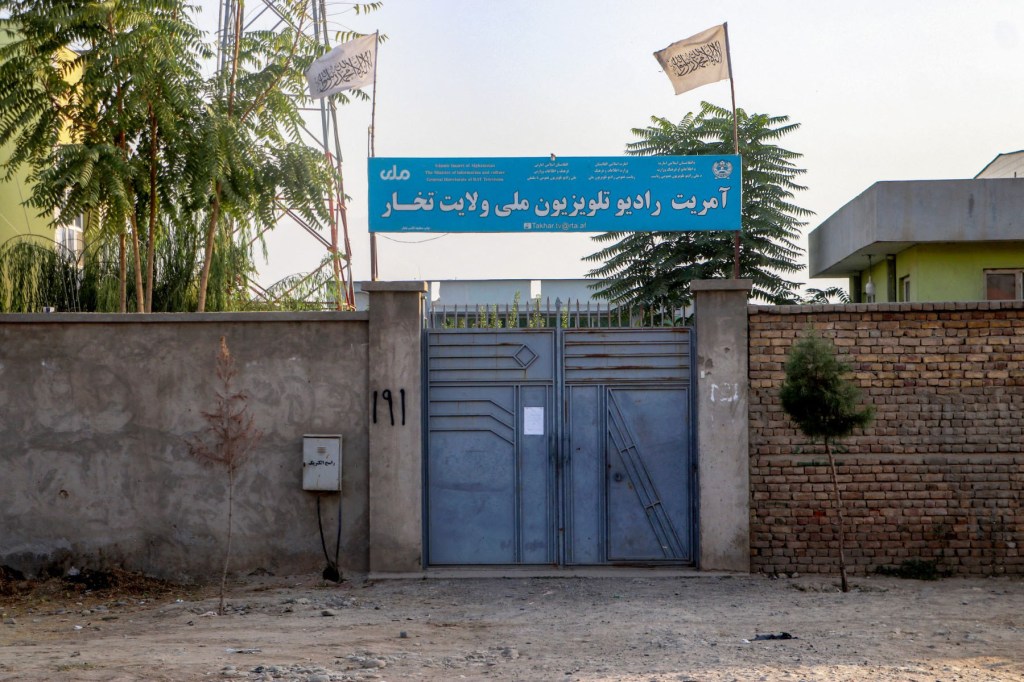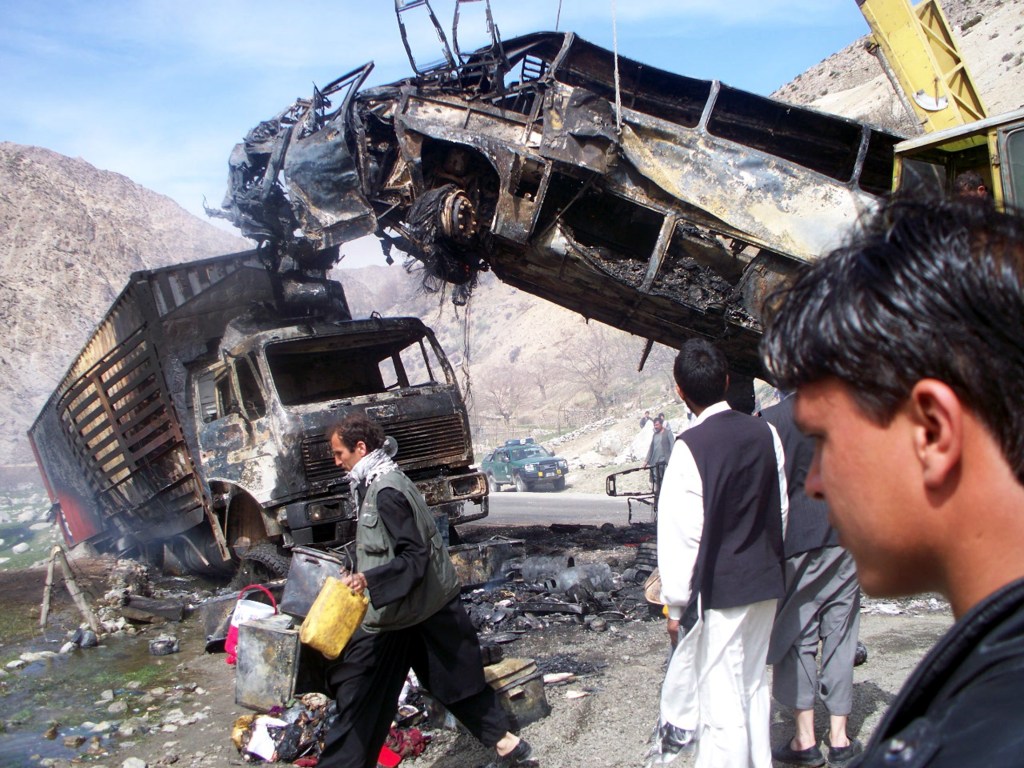I hold joint US/German citizenship due to the historical fact that my maternal family was stripped of their German citizenship by The Reich Citizenship act attendant to Nazi imposed Nuremberg Laws enacted in 1935. Subsequently, as the Third Reich consolidated power, by means of legalized state criminality, my family’s business interests and personal property were stolen by the Nazis. My grandfather was arrested, imprisoned in Sachsenhausen concentration camp and my mother and her sister were dispatched to the UK on a Kindertransport.
On the surface German society evinces the artifice of repentance due to its reprehensible history in regard to its anti-semitic compulsions. Yet the act is surface level, is mercenary at best — but, is, in essence, a bait and switch gambit . Withal, by means of the ruse of protecting Jews, Germans are permitted to make acceptable their seething Islamophobia. Germans do not respect Jews; they possess a bigotry-rancid regard for people of the Islamic faith. By the canard of protecting Jews, German authorities can suppress, for example, pro-Palestinian viewpoints and public displays as being anti-Semitic.
 State tributes to Anne Frank can act as cover for German complicity in the wholesale slaughter of Palestinian children by the tens of thousands. The old demons of White Christian supremacy have not been banished from the Germanic psyche but have shape-shifted. The cultural architects of death camps can act as enablers of Israel’s perpetual Nakba.
State tributes to Anne Frank can act as cover for German complicity in the wholesale slaughter of Palestinian children by the tens of thousands. The old demons of White Christian supremacy have not been banished from the Germanic psyche but have shape-shifted. The cultural architects of death camps can act as enablers of Israel’s perpetual Nakba.
Therefore, the image of Anne Frank donning a Keffiyeh resonates with a heart-shattering truth: The cultural contagions responsible for genocide shift with the winds of history yet rise from the same odious soil. The (Big) lie of the mind: the outsider others within a dominant culture present danger — not state-sanctioned xenophobia seething within any given society.
A brawl among ideological blowhards.
There is a raging, right-wing ideological family feud, in progress, between hate-rancid, Third Reich-adjacent Zionists and their Christian-Zionists enablers, a schism has opened pitting the two aforementioned groups — who simply hate people of the Islamic faith and all other ethnic and outsider groups — and Christian-nationalists i.e., on-the-nose Nazis, those who include Jewish people in their deranged mental sphere of xenophobic animus.
All of the above agree that outsider others should be rounded up by jackboots-for-brains ICE brownshirts. But the primary group believes Jews should be excluded from the dragnet and purge. Caveat: Christian Zionists believe that Lord Jesus is going to return to this sin-sullied earth and personally purge Jewish people down into subterranean lakes of eternal fire.
As amusing as it is to watch the spectacle of these two ideological scorpions grapple in a pit, inflicting each other with their soul-paralyzing toxins, history instructs, as a general rule, the more noxious, vehement haters tend to emerge victorious.
We are well past the (tanking) United States republic’s analog to the Weimar Republic; we are witnessing the Republican Party’s Night Of The Long Knives.
As an anti-Zionist Jewish person, I’m compelled to ask my Zionist brethren, how did they ever believe it was possible for Jewish people to be welcome participants in the White supremacy klavern.
Is there a place of refuge?
Perhaps there would be a refuge somewhere on earth for us Jews if we make a sincere and massive amends to the Palestinian people as well as to Israel’s perpetually under assault neighbors, then the establishment of a Right Of Return for ethnically cleansed Palestinians and their heirs, including full and generous reparations for their years of exile and suffering.
Our last, best chance as a people, is the establishment of a bigotry-free, genuinely democratic Palestine, stretching from the river to the sea.
As a Jewish person, all too often nowadays, I feel buffeted by inner torment by thoughts as to what consequences will be wrought by the abominable actions of Israel.
The Zionist state has revealed to the world — a painful to me truth — that I had apprehended long before the October 7 open-air prison breakout by members of Hamas and then Israel’s grotesquely disproportionate response by the uniformed thugs of the IDF that took the form of the war crime of massive collective punishment upon the men, women and children of Gaza: Israel has been, since its inception, a perpetual crime against humanity masquerading as a nation. To compound the tragedy, by means of collusion, all too many of my fellow Jews, lost in a wilderness of denial, by rote, parrot the hasbara lies disseminated by Israel’s army of propagandists.
Going forward… how?
Judaism as defined by Zionism is a train-wreck, morally and ethically. Going forward, how will it even be possible to regain our moral footing and reestablish a relationship with the world based on the universality of human equity and the mandate that justice must prevail…without Israeli political and military leaders facing trial before a war crimes tribunal. We Jews are too small in number to thrive in a globally connected world not ruled by an abiding moral center.
The Zionist catastrophe should serve as an object lesson on the peril — the blood-drenched folly — of insisting truth is what we say it is — even if we have to enforce our notion of it by brutal force and compulsive lying e.g., “genocide is self-defense; “we [i.e., Israelis] are not perpetrating ethnic cleansing because there are not an actual people known as the Palestinians.” (Yet, somehow, hyper-militarized Israelis are in grave and constant peril from these people they claim do not exist.)
Following Jewish mythos, allow me to put it this way: King David — (Israel) in the form of the agendas of the Zionist state — has schemed and condemned Uriah the Hittite to death a hundred thousand times over. The betrayal of our moral covenant is breached by means of hundreds of morally reprehensible acts per day — a soul-defying disfigurement of Judaism that has been contrived and twisted into the abominable form of the Zionist state. Appropriating the lexicon of the ancient book, repentance is our only path forward.
A dispatch to the Zionist trolls who swarm to my page and inflict its pixel precincts with exhausted copy and paste Hasbara misinformation and outright confabulation.
Regarding the belligerently ignorant trolls who snarl, I have betrayed Judaism for condemning genocide, I reply: If the Messiah arrived and commanded Israel and its apologists to repent they would call the Messiah a kapo.
(The term “kapo” is a vehement Jewish rebuke, an appellation referring to Jewish prisoners in Nazi concentration camps designated to act as the ears, eyes and arm of power of the SS in regard to aiding in the brutal control of the daily existence of their fellow inmates. The invective is a term designating an act of unforgivable betrayal insofar as acting as a collaborator with a mortal enemy of Jews.)
In my view, the son of a survivor of The Shoah, the dismal and deranged trajectory, via from Europe to the Zionist state, from proceeding from victims of genocide to the perpetrators of the abomination is a betrayal of Judaism.
Clearing the record for belligerently Zionist trolls and willfully obtuse Zionist true believers:
First, the rape stories on Oct 7 have been debunked (although the hasbara-contrived fictions have not, on a widespread basis, been retracted in mainstream Western media outlets).
The verifiable rapes, in reality, were perpetrated in IDF torture camps. Zionists thugs even staged a riot and prison break-in to free the accused prison guard rapists. Next, a government whistleblower, a former IDF military lawyer, Yifat Tomer-Yerushalmi, attempting to expose the subject, was arrested for speaking to the press.
Moreover, the babies incinerated in ovens stories have also been revealed to be an utter fabrication. But what is a heart-wrenching, mortifying fact — an unforgivable war crime the world witnessed — is the wholesale slaughter of an estimated 40,000 infants, toddlers, and children by IDF launched attacks and by starvation, by design, as inflicted by the Zionist regime.
Accordingly, in no manner, is there any justification, regardless of the October 7 attacks, for massive collective punishment to be inflicted on the people of Gaza. By international law, collective punishment is a war crime — and yes, the uniformed thugs of the IDF‘s actions in Gaza, according to an overwhelming consensus of the scholars on the subject, was indeed a genocide.
To those who deny Israel’s perpetual crimes against humanity: its perpetration of genocide upon the people of Gaza; its unwarranted aggression against its neighboring countries; the existence of torture prisons; and the ethnic cleansing transpiring in the West Bank by religious zealot lunatics (with the backing and full consent of the Zionist regime) — I ask this question, do you remember the exact moment that your soul died or did it rot away slowly and was blown away and scattered by the reprehensible winds borne of your denial?
 King David Confronted by the Prophet Gad, Flemish artist, unknown
King David Confronted by the Prophet Gad, Flemish artist, unknown
This post was originally published on Dissident Voice.










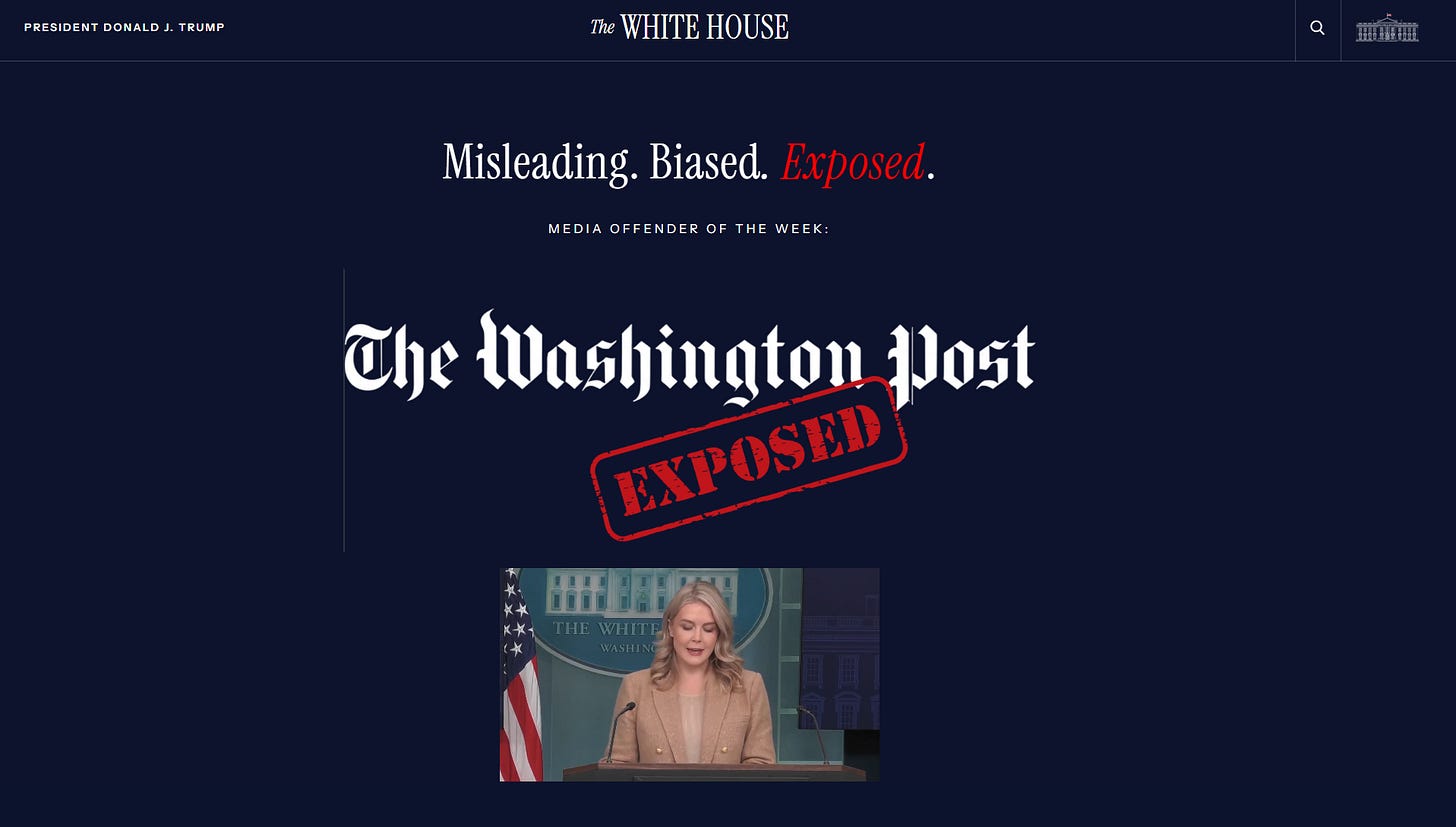
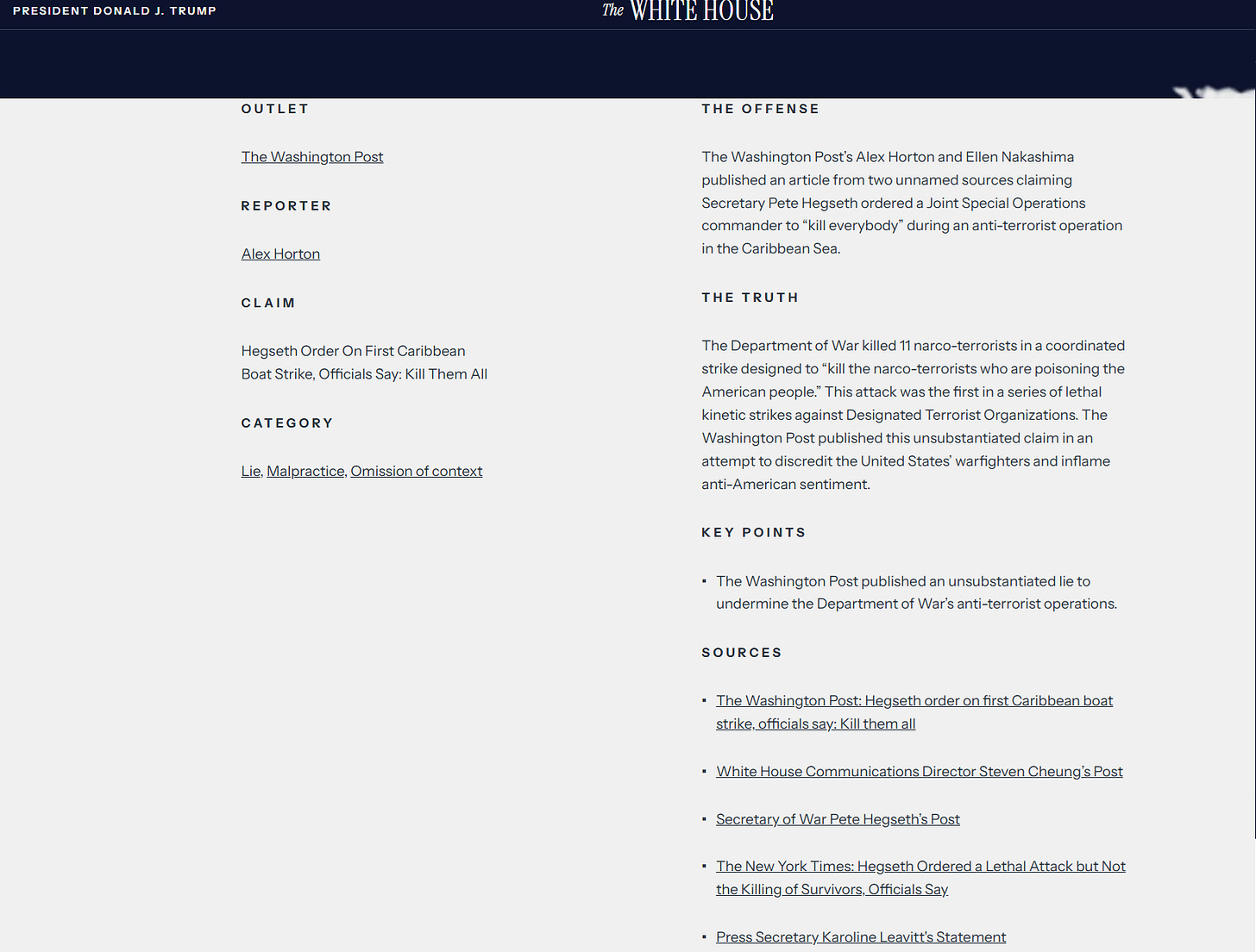

 Censorship
Censorship